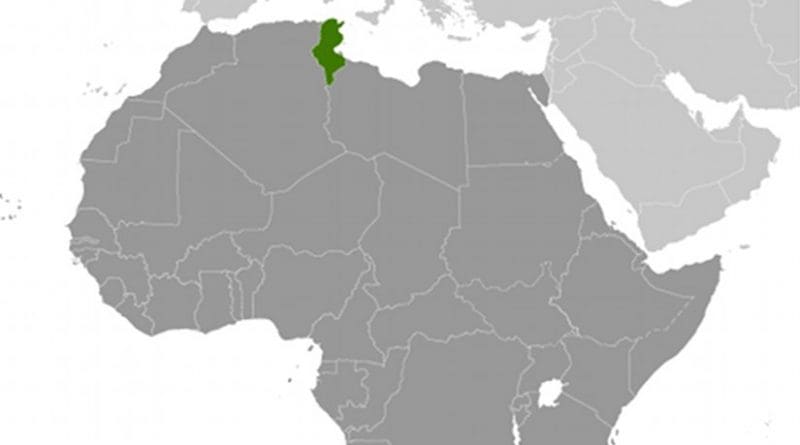Tunisia: Islamist Fears Permeate Politics
By Magharebia
By Mona Yahia
Former Tunisian Interior Minister Farhat Rajhi sparked controversy on Wednesday (May 4th) when he suggested that the nation’s political elite would support a coup d’état if the Islamist Ennahda Movement won the upcoming elections.
The comments were made in a video interview, later uploaded to Facebook. The video quickly became viral and rocketed through the Tunisian blogosphere. The former minister’s comments echoed a concern among some Tunisians about the growing influence of Ennahda.
The fears were only heightened after a string of recent incidents that included assaults on liberal intellectuals and artists. However, Ennahda denied that it was responsible for any of the violence, saying that it supported freedom of expression.
“Any Tunisian writer, regardless of his or her intellectual or political positions, has the same rights as the rest of citizens to expression, creation, participation, criticism and protests,” Ennahda official Ajmi Ourimi told Assabah weekly. He added that any Ennahda member proven to have violated the movement’s bylaws would risk disciplinary actions that may go as far as dismissal from the party.
In one notable incident, Nouri Bouzid, a Tunisian director known for his progressive views, was assaulted near the law school university campus while talking to students about secularism. He said that the person who hit him was an Islamist radical. At that time, he accused members of Ennahda for being responsible. But the movement denied any involvement, saying some were waging a defamation campaign against the party.
Meanwhile, the Tunisian National Chamber of Filmmakers condemned a death threat made by rapper Psyco M at an Ennahda gathering at the Conference Palace in Tunis.
“The sanctity of Tunisian artists is the same as that of Tunisian citizens,” a chamber statement read. “There won’t be any silence on such violations regardless of their source.” The group also called on civil society organisations and political parties to denounce such behaviours.
Cafe owner Abdguni ben Tara told Magharebia that “a number of young fanatics threatened me and demanded that I shut my place down because it, according to them, encourages immorality and kufr. This happened despite my allowing them to present their own religious lessons in the café. They are now demanding me to leave the place.”
Mosques have also been the scene of recent political controversy. In a controversial move, some imams were forced out of their positions. In a statement to Echorouk, Ennahda said that they removed imams loyal to the ousted Constitutional Democratic Rally (RCD) and kept the “clean” imams.
Ennahda “removed an imam in the city of Sfax known for his integrity, honesty and respect of all parties and also known for his affiliation to the Democratic Progressive Party,” according to Maya Jribi, Secretary-General of the Democratic Progressive Party.
She added that “this imam was removed from the mihrab by famous figures of Ennahda. These are dangerous practices that threaten democracy.”
In his turn, Mohsen Marzouk, Secretary-General of the Arab Foundation for Democracy, said that religion should not overlap with politics.
“Politics is the work of parties and it has its own venues,” Religious Affairs Minister Aroussi Mizouri said on Wednesday. “As to the places of worship, they are to be used as venues for disseminating moderate religious discourse.”

